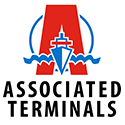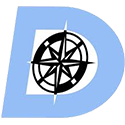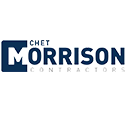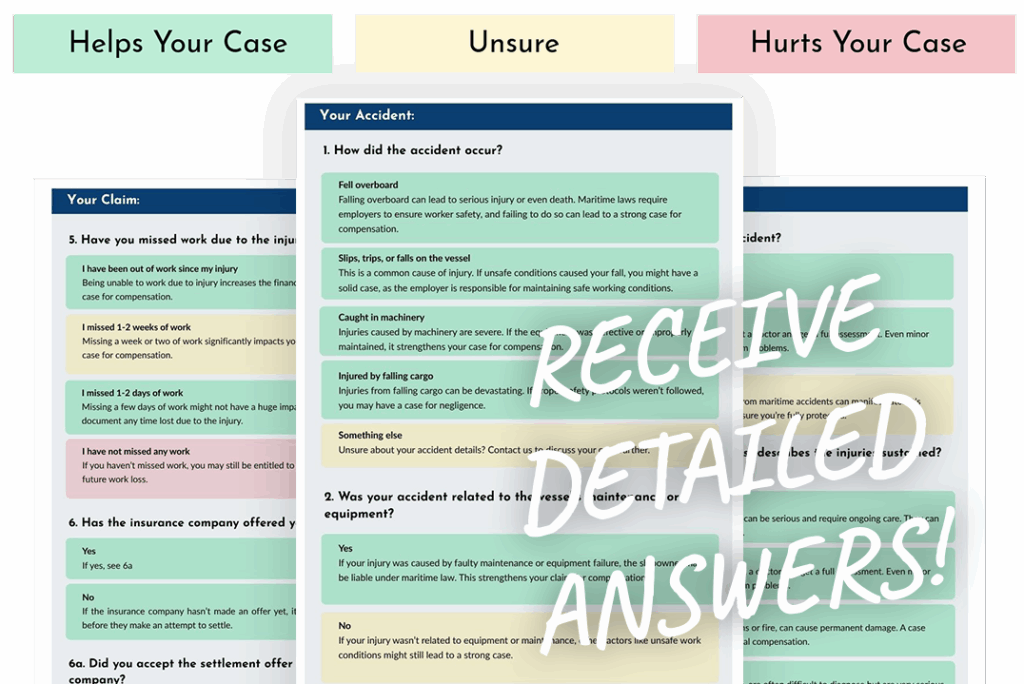Offshore Accident Lawyer
Over $1 Billion Recovered for Maritime Accident Victims. We are proud to have a reputation for aggressively fighting for the rights of injured workers.
Premier New Orleans Offshore Injury Lawyers – Lambert Zainey
Working offshore in the Gulf of Mexico – on platforms, rigs, boats, or helicopters – is tough and dangerous work. You’re often far from shore, dealing with heavy machinery, hazardous materials, and unpredictable weather. Serious accidents can happen fast. When you get hurt offshore, you face not only physical pain and money worries but also a really confusing mix of special federal and state laws.
Lambert Zainey is a top maritime law firm right here in New Orleans. For decades, we’ve focused on helping workers injured offshore. We understand the Jones Act for boat crews, the rules for platform workers under OCSLA and other maritime laws. This page is your starting point to understand offshore injuries and how our dedicated lawyers fight for workers hurt in the Gulf.
Hurt Working Offshore? Know Your Rights. Get Expert Legal Help.
On This Page
Why Choose Lambert Zainey for Your Offshore Injury Case?
Choosing the right lawyer after getting hurt offshore is a big deal. Here’s why workers trust Lambert Zainey:
What Counts as an “Offshore Injury”? (Where It Happens)
Usually, “offshore injuries” are accidents that happen out in the Gulf of Mexico (or other open water) past state waters (generally beyond 3 miles from shore). The work usually involves finding, drilling for, or producing oil and gas or other resources. This includes getting hurt on:
Making Sense of Offshore Accident Laws (It’s Complicated!)
Getting hurt offshore isn’t like getting hurt on land. Special federal maritime laws and sometimes state laws apply:
The Jones Act
This protects “seamen” – crew members who work on vessels (boats, movable rigs, lift boats, etc.). It lets injured seamen sue their employer if carelessness (negligence) caused the injury.
>> Learn About Jones Act Claims.
LHWCA & OCSLA
If you get hurt on a fixed platform stuck to the seabed way offshore (on the OCS), the Outer Continental Shelf Lands Act (OCSLA) usually applies. OCSLA does two main things:
- It gives you LHWCA benefits (like workers’ comp – medical bills & lost pay) from your employer, usually without needing to prove fault.
- It says that if you need to sue another careless company (not your boss), you usually use the laws of the nearest state (like Louisiana).
General Maritime Law
These are basic safety rules from long-standing sea law. They cover things like the duty of boat operators to be careful and can apply in situations not covered by the other laws (like crashes involving other companies’ boats). It also includes the Unseaworthiness rule (owners must provide a safe vessel).
>> Learn About Unseaworthiness.
Death on the High Seas Act (DOHSA)
If someone dies in an accident far offshore (usually beyond 3 miles, or 12 miles for planes), DOHSA sets rules for the family’s claim, mostly covering lost financial support.
Figuring out which law applies to your injury takes an experienced offshore lawyer.
Common Ways Accidents Happen Offshore
The offshore environment is dangerous. Serious accidents often happen because of:
These accidents often cause terrible injuries like brain damage, spinal injuries, bad burns, lost limbs, broken bones, or even death.
A significant number of workplace deaths are linked to what OSHA calls the Fatal Four hazards. We break these down in detail in our OSHA Fatal Four article.
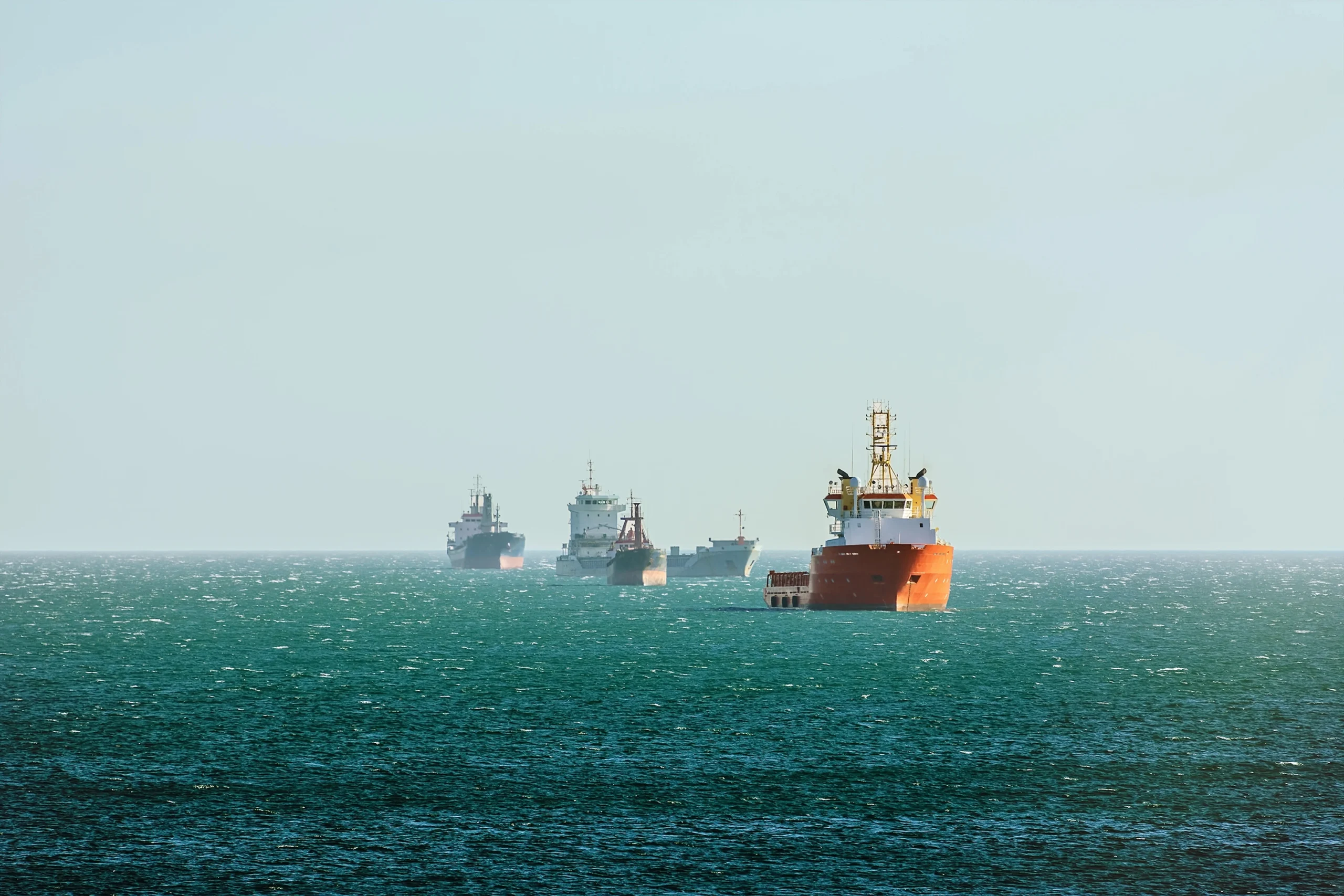
Types of Offshore Rigs, Platforms & Boats Involved
Our firm handles injury cases involving all kinds of offshore equipment used in the Gulf:
What You Should Do Right After an Offshore Injury
If you get hurt offshore, these first steps are critical:
Money You Can Get for Offshore Injuries (Compensation)
Depending on the law that applies (Jones Act, OCSLA/State Law, Maritime Law) and how bad your injuries are, you could get money for:
Specific Offshore Accidents We Handle
We have deep experience with all kinds of offshore accidents. Click below to learn more about specific types:
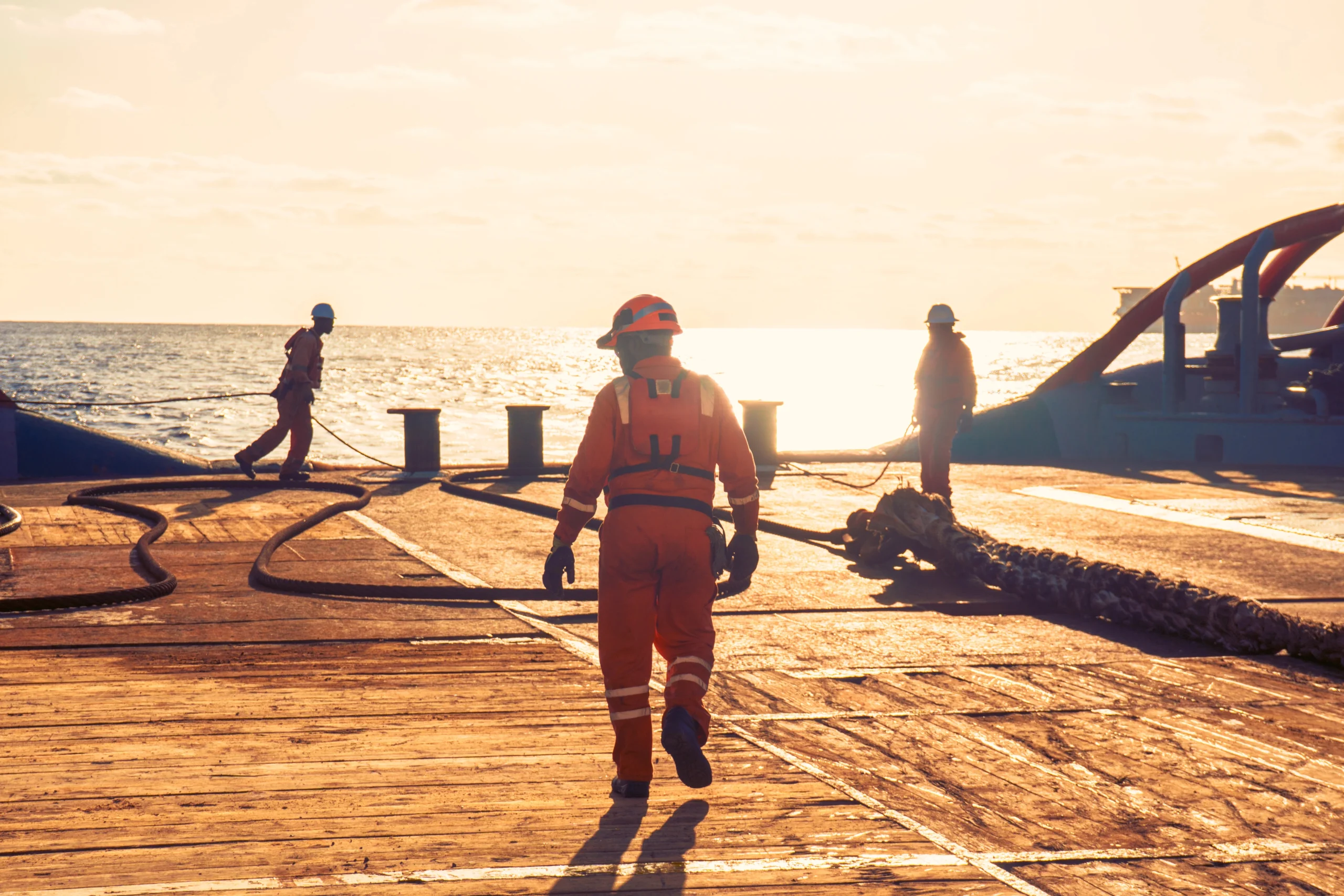
Over $1 Billion Recovered for Maritime Accident Victims
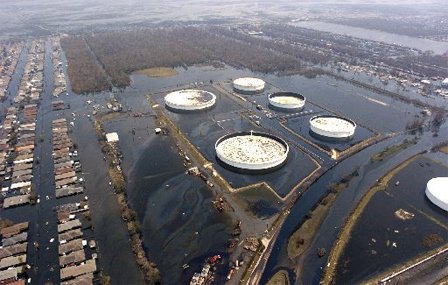
Oil storage tank rupture at the Murphy Oil USA refinery in Chalmette, LA. The fastest class certification and resolution of a case of its type and magnitude to date.
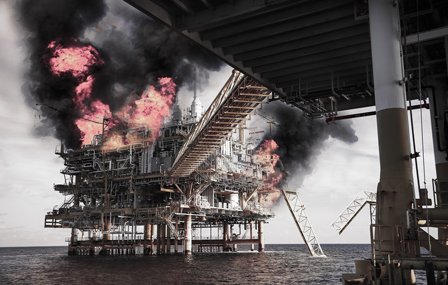
Arco cryogenic platform explosion caused by improper cold cut of Southern Natural Gas pipeline. Settlement for the injured and deceased in approximately twelve months.
Common Questions About Offshore Injury Claims
Working offshore near New Orleans comes with risks, and accidents can happen. This section answers common questions to help you understand your rights and what to do after an injury.
What Our Clients’ Say About Us
NATIONALLY RECOGNIZED ATTORNEYS
CONTACT US
Our experienced attorneys are here to guide you through every step of the process, from initial consultation to settlement or trial.
Free Case Review
Fill out the form below to contact Lambert Zainey and schedule a free, confidential consultation and discuss your case with an experienced attorney.








